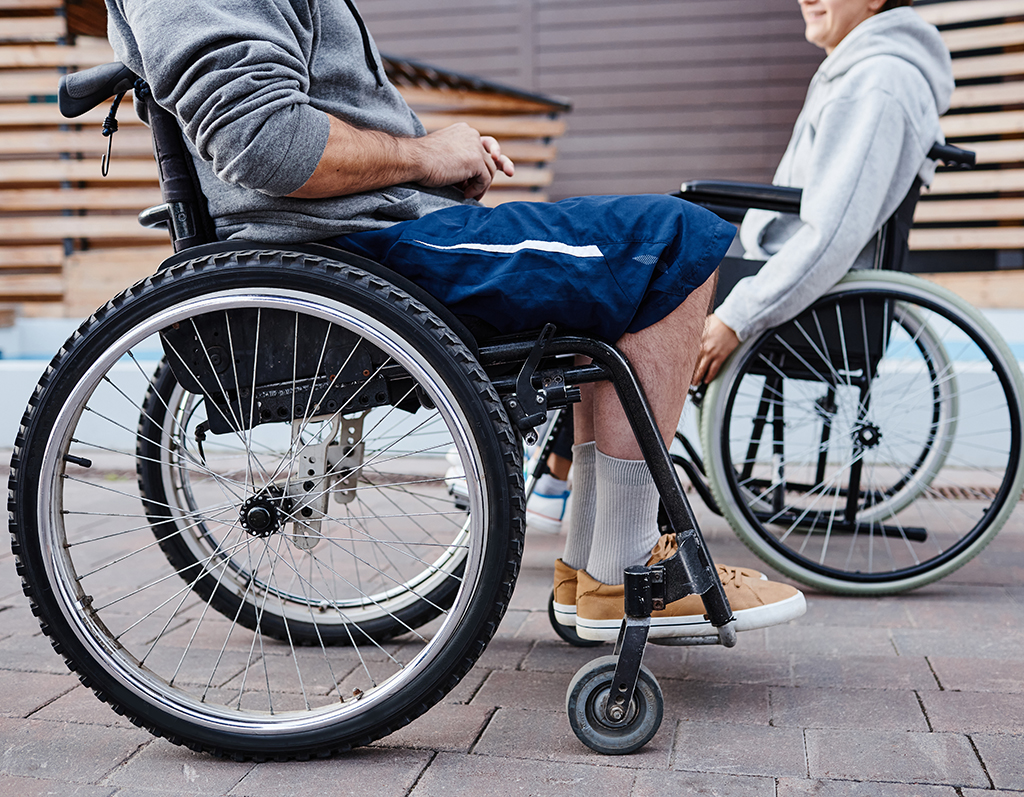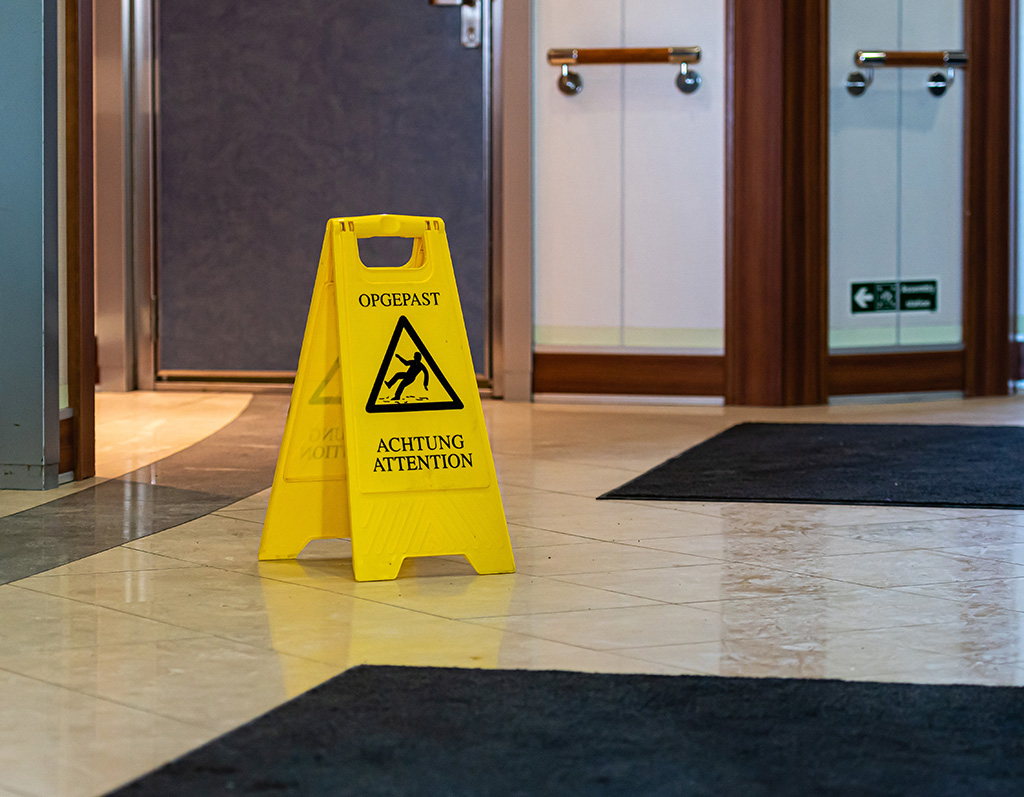Personal injury claims for psychological injuries, such as mental anguish or emotional distress, can be more difficult to prove than claims for physical injuries. This is because psychological injuries can be more subjective and not always obvious. However, personal injury law still allows for compensation for these kinds of injuries.
Examples of psychological injuries that can be claimed in a personal injury case include:
Post-traumatic stress disorder (PTSD)
Depression
Anxiety
Fear
Grief
Loss of enjoyment of life
To prove a claim for psychological injuries, the plaintiff must show that the incident in question caused the injury and that the injury is severe enough to warrant compensation. This can be done through medical records, therapy sessions, and expert testimony.
It is essential to keep in mind that non-economic damages, such as emotional distress, are subject to caps in certain states.
Additionally, it is essential to retain an attorney with the knowledge and expertise to effectively present the evidence in court and to handle claims of this nature. They might also rely on experts like psychologists or psychiatrists to back up their claims.
Personal injury claims for psychological injuries can be complicated overall and necessitate a comprehensive comprehension of the legal system. Having an attorney who is willing to fight for your rights and ensure that you are compensated fairly is essential.
So, it’s imperative to choose the right personal injury attorney for you. At Darfoor Law Firm, we will not just represent you but also understand you. We work for what’s best for you and what you deserve. We know how difficult it is what you’re going through. We want to help and we care for you.
Contact us at 1-833-DARFOOR and we are always at your legal service.











